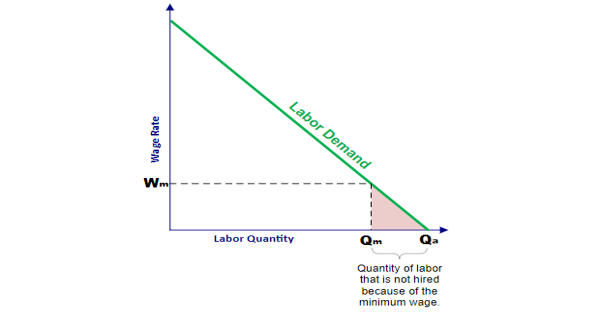Public-benefit corporations – a specific type of corporation
Incorporating your business as a Public Benefit Corporation (PBC) means you can include public good as part of your company charter in addition to maximizing shareholder profit. Public-benefit corporations (PBC) are a specific type of corporation that allows for public benefit to be a charter purpose in addition to the traditional corporate goal of maximizing profit for shareholders. PBCs must include in their charter one or more specific public benefits as their statement of purpose, as opposed to the typical boilerplate “any lawful purpose” usually contained in most for-profit charters.
Public-benefit corporations are a specific type of corporation that allows for public benefit to be a charter purpose in addition to the traditional corporate goal of maximizing profit for shareholders.
PBC is a legal incorporation status (like a C Corp or LLC). PBC documentation encourages a corporation to consider the interests of multiple stakeholders (society, workers, the community, and the environment) in addition to shareholders when making decisions. Depending on the country they may also be known as crown corporations, statutory corporations, or government-owned corporations having a monopoly over a specific service or market. While some PBCs are not Certified B Corps and vice versa, many are both. Several companies, including Patagonia and AltSchool, hold both labels.
By definition, all PBCs are for-profit companies. However, nonprofits and PBCs are often confused because their charters both explicitly mention a socially beneficial purpose. The Public Utility Vehicle Modernization Program may be given as an example of public benefit, coming from a governmental organization. Secondly, the model of a public utility corporation represents an example for the private sector of the economy. There are no owners or shareholders in a non-profit company. A benefit corporation, however, does have shareholders who own the company.
A public authority is a type of public-benefit Corporation that takes on a more bureaucratic role, such as the maintenance of public infrastructure, which often has broad powers to regulate or maintain the public property. While a nonprofit’s sole mission is pursuing its charitable purpose, PBCs must balance its benefit to the public with the financial objectives of their shareholders.
A benefit corporation is a legal tool to create a solid foundation for long term mission alignment and value creation. It protects company missions through capital raises and leadership changes, creates more flexibility when evaluating potential sale and liquidity options, and prepares businesses to lead a mission-driven life post-IPO. These agencies are known in some countries as statutory authorities, statutory boards, government-owned corporations, regulatory agencies, QUANGO, or independent government agencies. If a non-profit company decides to stop doing business and dissolve, it must distribute its assets among other non-profits.
















